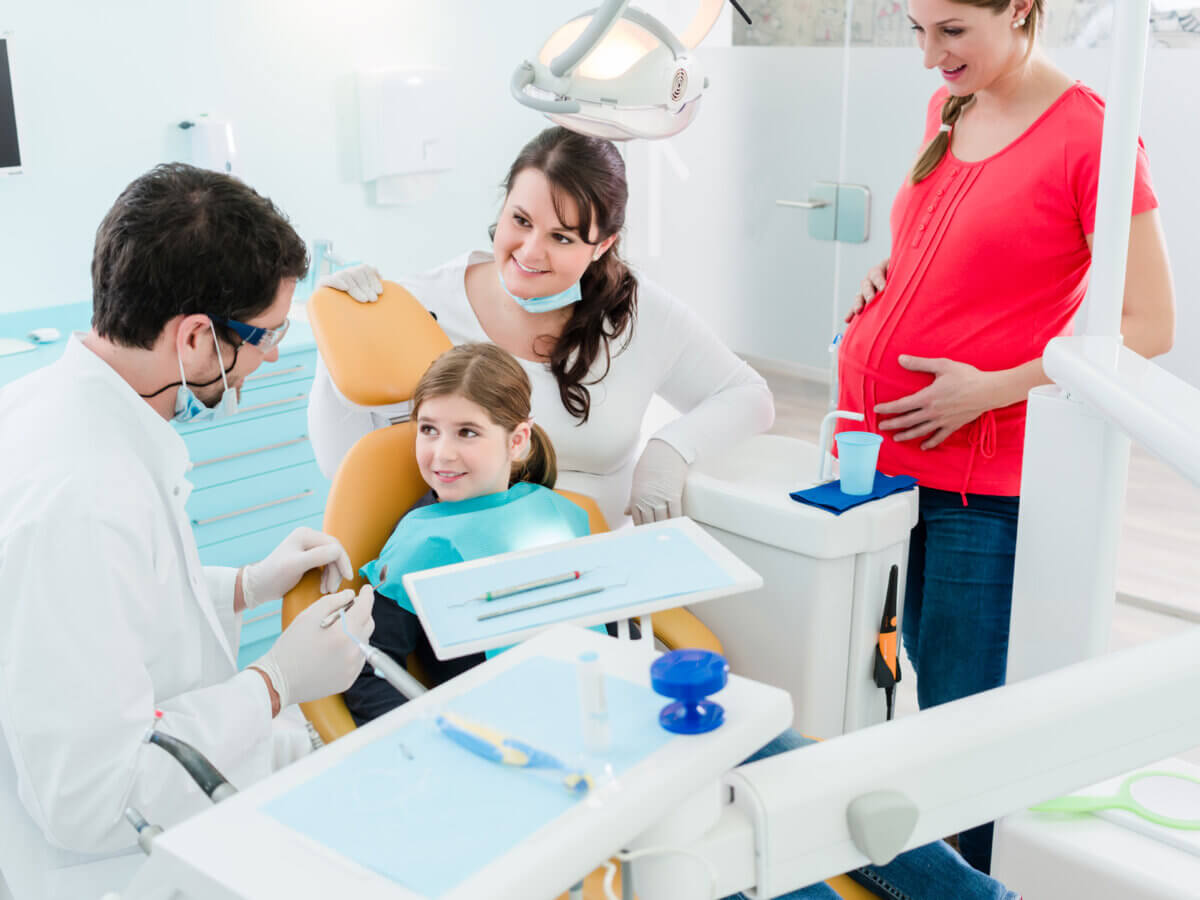Blog
Dental hygiene tips for healthy teeth & gums

Tips to help parents ensure their child’s dental health
As a parent, nothing is more precious to you than seeing your baby smile. Good oral health is crucial to have your kids smile as brightly as ever through their growing period. Our kids’ overall well-being is strongly affected by their oral health. Yet around 20% of children in elementary age are reported to have at least one decayed tooth that has not been treated.
If your child has poor oral health, it can impact them as they grow into adults too. If a child’s baby tooth has to be pulled out because of decay, there are high chances of permanent teeth being misaligned which can cause bite problems and more, because teeth shift trying to fill empty spaces.
Committing to a daily oral routine is a simple step towards ensuring healthy teeth and preventing oral health problems in children in the future.
Tips for Better Dental Health of Children
Good dental health starts even before a baby has got his or her first tooth. Just because you cannot see teeth, it does not mean they are not there. In fact, infants start forming teeth inside the womb, in the second trimester of pregnancy. At birth, your child has twenty teeth, some fully developed inside the jaw.
- For Children between the age of 0 to four:
- Even before your baby starts teething, always clean the gums with a soft, clean, damp washcloth to remove harmful bacteria.
- Do not leave your baby sleeping with the feeding bottle in his/her mouth.
- When babies get their first teeth, use an infant toothbrush to brush their teeth. You can use water and a little amount of fluoride toothpaste ( the size of a rice grain).
- When your child has teeth that touch each other, you should start flossing in between the teeth.
- Around two years of age, teach your child to spit while brushing. But do not give water to your child yet to swish and spit since they are more likely to swallow toothpaste this way.
- After the age of three, you can give your child pea-sized fluoride toothpaste.
- Always monitor your kid while they are brushing so that they do not swallow toothpaste.
- You must choose the right kind of toothpaste, designed specifically for children between the ages of 2 and 4.
- For Children between the age of five to ten – Children start losing teeth around six years of age, and between 6 to twelve years, they have a combination of baby and adult teeth. But it’s necessary to take care of your child’s baby teeth even if they would eventually fall off.
- When kids start losing teeth, they might find chewing a bit difficult as they have missing teeth. But it is important to feed them healthy food.
- This is the time to form good eating and drinking habits which entails limiting sugary food and drinks.
- You can take advice from your child’s dentist on whether the use of sealants is needed to stop plaque buildup.
- Children over the age of ten – Around ten to twelve years of age, the baby teeth at the back are replaced with adult teeth. Except for the third molar, most children have developed adult teeth by this age.
- Ensure that your child is brushing his or her teeth thoroughly before and after meals. This will prevent unwanted enamel erosion.
- Encourage kids to do regular flossing to clean the area between teeth.
- Apart from brushing teeth, gargling mouth after every meal is also an important step in maintaining good oral health.
- Schedule periodical dental checkups for your kids, so that early intervention for any oral issues is possible.
- General Tips for kids of all ages:
- Have your kids brush at least twice daily for two minutes, and most importantly, brushing should be the last thing they do right before going to bed.
- The amount of fluoride in toothpaste for kids till ten years of age should not be less than 1000 ppm of fluoride. For older kids, toothpaste should have 1350 to 1500 ppm of fluoride.
- Even if your kids can brush their own teeth, it is a good idea to watch them while they brush so that there is no chance of poor oral hygiene.
According to ADA (American Dental Association), kids should see a dentist by their first birthday. The dentist will explain the method of proper brushing and flossing. These dental visits help immensely, as problems can be detected early and also alleviates fear in kids when they visit their dentist.
